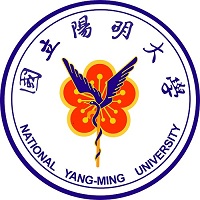Team:NYMU-Taipei
From 2012.igem.org
| Line 15: | Line 15: | ||
|[[Image:NYMU-Taipei_logo.png|200px|right]] | |[[Image:NYMU-Taipei_logo.png|200px|right]] | ||
|} | |} | ||
| - | |||
| - | |||
| - | |||
| - | |||
| - | |||
| - | |||
| - | |||
| - | |||
<!--- The Mission, Experiments ---> | <!--- The Mission, Experiments ---> | ||
Revision as of 04:29, 15 July 2012
| Nitrogen metabolism
With an eye to combat the environmental issues related to nitrogen oxides, we designed some circuits that can produce several kinds of nitrogen oxides reductases and transcriptional regulator into our organisms so that those harmful nitrogen oxides can eventually reduce to nitrogen. Combined with sulfur metabolism pathway and Calvin cycle inherent in cyanobacteria, we provide an eco-friendly, multi-function solution to the air pollution problem. This is a very promising project with huge commercialized potential since the mass production of bioreactors full of our organisms is foreseeable. What’s more interesting, with the help of division inhibitor, gene for invasion, we can install our designation into human cells as artificial organelles and grant human being the ability to survive in extreme environments such as Venus without wearing bulky space suits.
Symbiosis
|
 "
"
